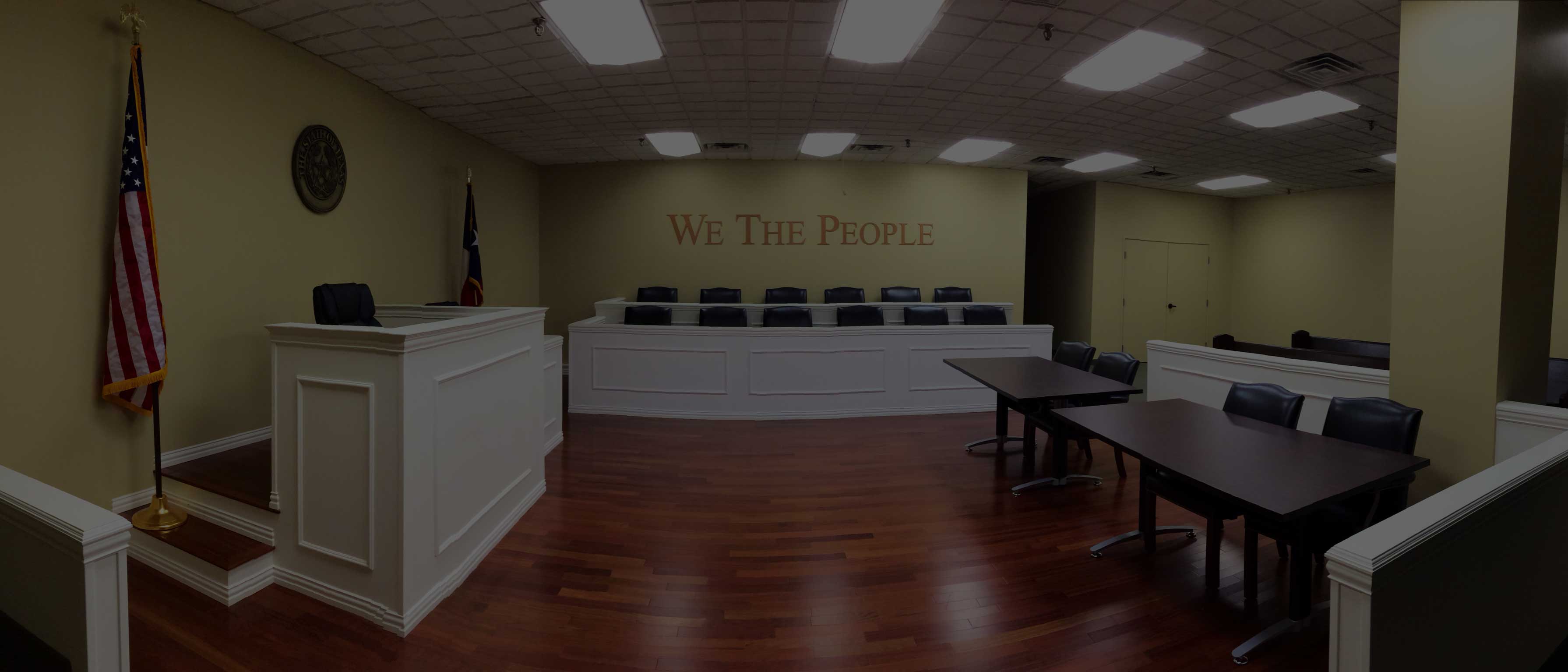
Jury research is a powerful tool. By testing the evidence of a case in front of people like the ones who will be jurors in the actual case, valuable insights about the strengths, weaknesses and risks of a case are often discovered that allows the attorney to develop themes and strategies to most effectively present the case to a jury.
All too often, many attorneys mistakenly believe that using jury research is only an option in very large and expensive cases. Many attorneys often dismiss the possibility of conducting jury research because of these resource restraints. One of the reasons for this is that many attorneys still think of jury research as using a time-consuming and often expensive method called a “Mock Trial.”
For many years jury testing was done primarily using a mock trial. In a mock trial, attorneys representing the different parties in a case make their arguments and present their evidence in an adversarial trial setting. The mock jury then deliberates and renders its verdict. However, there are often a number of factors that can prevent a mock trial from being effective, including the time and expense involved to effectively prepare for and present the mock trial, as well as the different advocacy skills of the presenters. Another issue with mock trials is the difficulty in fully developing the other side in the case. When lawyers have spent many months (and sometimes years) developing their own case, it is difficult (if not impossible) to fully develop the other side’s best case for mock trial purposes.
However, there is another far more effective method of conducting juror research called a “Focus Group.” Focus groups are different from mock trials in that they present the information in a neutral way and do not try and simulate all aspects of an actual trial. Instead, the purpose of the focus group is to present the evidence of a case in a neutral and easily understood manner.
Conducting focus groups in this manner addresses many of the problems posed by a mock trial. Not only is this type of focus group more cost-effective, but by having a single neutral presenter the impact of advocacy is removed. Rather than trying to “persuade” the jurors, we are simply listening to what’s important (and not important) to them. What problems do they have with the evidence? What doubts do they have about the case? How do they value the damages? All of these are questions that are often answered by using focus groups.
Another advantage to using focus groups is that they can be used a number of different times in the same case. You can use it early in the case to assist in zeroing-in on the type of evidence that needs to be developed. Later, you can use it to develop case themes to effectively communicate your client’s story. You can use it to assess damages in preparation for settlement negotiations. Focus groups are an extremely flexible research tool that can be used at every stage of the case.
Lastly, and importantly, focus groups can be conducted at a very reasonable cost, especially if the attorney conducts the focus group themselves rather than hiring a high-priced jury research firm to do it for them.
While focus groups certainly cannot guarantee an outcome, they are tremendously valuable in helping to put forward the best possible case.